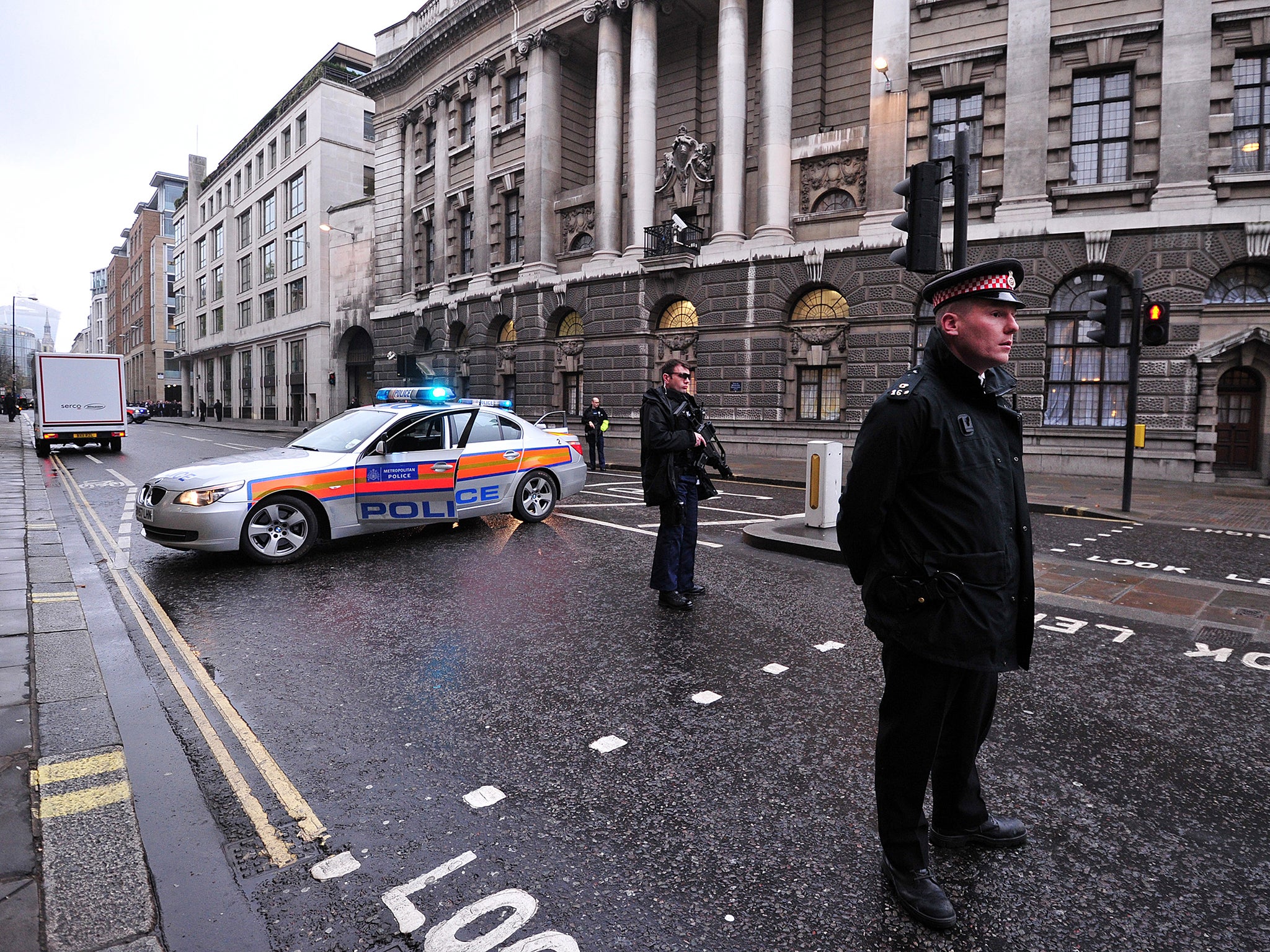Witnesses in gang trials put at risk by MoJ blunder
Family dropped from protection claim that they were 'abandoned' by police, then moved at night

A family of four who testified against organised criminals had to be moved at night after Ministry of Justice officials "lost" sensitive details about their new location and identities.
The government last week admitted the security blunder during an emergency High Court hearing on future protection measures for the family. The case is an ongoing embarrassment for the police and the Government, which claims that witnesses who risk their lives are the "unsung heroes of society", deserving "the best possible protection".
The family were originally placed in the witness protection scheme in 2003 after Metropolitan Police detectives warned of a plot to kill the mother and daughter at a school summer fair. They subsequently gave evidence in two gangland murder trials between 2006 and 2009, and provided financial information about the notorious Adams crime gang, based in north London.
However, the Met removed the family from the witness protection scheme in 2011, claiming that they were no longer at risk, but without explaining why. The family were then offered only vague instructions to stay away from parts of London and the West Country.
They now live on benefits in a small house that their doctor says is inadequate for one 82-year-old family member, who suffers from advanced Alzheimer's disease.
The family are suing the Met for allegedly "abandoning" them without the necessary support to rebuild their lives. To gain political support for their case, which the Met is resisting, on 11 July they hand delivered a thick package of sensitive documents to Damian Green MP, former Minister of State for Policing, Criminal Justice and Victims. A similar bundle was also sent to then Home Office minister Norman Baker and a senior police officer responsible for UK witness protection.

The documents included a detailed complaint about the Met's witness protection unit, security breaches involving the local authority where the family had been rehoused, and details of the criminal who detectives believe was behind the assassination plot.
Officials only discovered that sensitive data had been lost when the family complained in October about not having received a reply. Last month, two witness protection officers arrived at night, unannounced, and took the family to a motorway hotel for their own safety.
The family claim they were subsequently promised they would be permanently rehoused. A series of emails sent to the Met's legal department asking for confirmation of the alleged new relocation plan went unanswered.
The family, who are representing themselves, made an emergency application to the High Court last week, arguing that, in the face of Scotland Yard's "wall of silence", they had a "reasonable expectation" to be permanently rehoused in suitable long-term accommodation.
They also alleged police had failed to properly investigate a recent suspicious attempt to find the father. It was claimed that protection officers failed to interview a family friend who had reported being approached by associates of the Adams gang.
Last Tuesday, barristers representing Scotland Yard, the Justice Ministry and new police minister Mike Penning MP told the court that at 4.30am that day, government officials had located some of the lost material in a safe and therefore the Met was once again downgrading the risk.
Detective Inspector Christopher Singleton of the London Region Protected Persons Unit denied any "promise of permanent relocation" in a statement. No explanation was offered as to why the Metropolitan Police had not responded to the family's emails asking for confirmation of the alleged promise.
The Met also argued it had no "duty" to protect the family, saying that, under legal powers derived from the 2005 Serious Organised Crime and Police Act, officers had discretion to vary the levels of protection. A further hearing has been set for January.
In a statement the family said: "Our right to quiet family life is trampled on and no reasonable person would be anything other than horrified at the casual treatment to health, safety and welfare provided. This whole latest episode stinks."
The Government and the police are making plans to reform the "inconsistent" treatment received by an estimated 3,000 people currently in witness protection.
A spokeswoman for the Metropolitan Police declined to comment on the case while the family's claim was being considered.
A Ministry of Justice spokesperson said: "We do not comment on individual cases. Witness protection is an operational policing matter. Any allegation of data loss is taken very seriously and fully investigated."